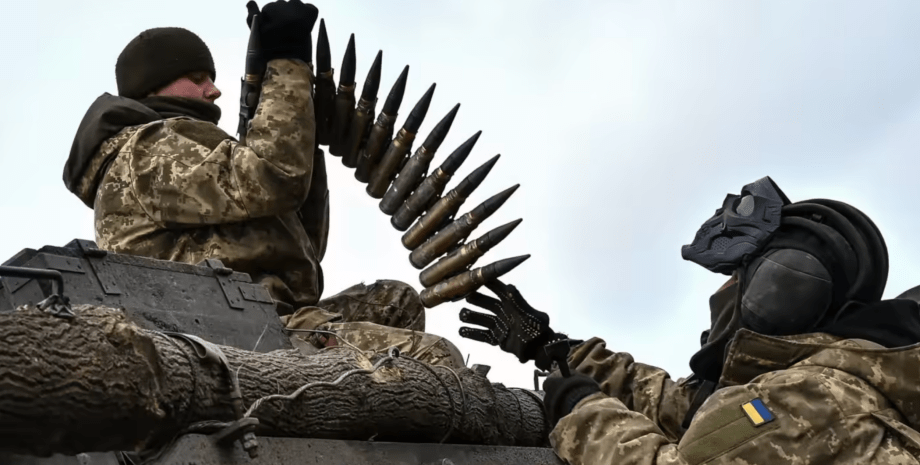
Every day, 5,000 artillery ammunition is spent in the war. These are such a huge scale that a small country in peacetime can order so many shells for the whole year. Therefore, the publication states that a sharp transition to military rails creates a crisis of supply chain in Europe. Manufacturers are trying to increase production, but face a number of difficulties. Ammunition requires explosive, specific acid and metal.
Even almost a year after the Russian invasion, Europe has not yet passed the re -equipment. "This is a war for industrial capacity," said Morten Brandtzege, executive director of the Norwegian company Nammo, who produces grenade launchers ammunition. According to Brandtzeg, some components for ammunition are such high demand that their delivery time has increased from one month to one year or more.
Therefore, manufacturers need to look for new links for supply chains from blades to sleeves, from metal to explosives. One of the main problems is the production of nitric acid. It is necessary for the manufacture of explosives and even for fertilizers. Nitric acid supply is complicated by a small number of manufacturers and competition with agrarians. German RheinMetall restarts its production and built a new plant in Hungary.
The British company Chemring specializes in the production of explosives and fuels, they note that some companies were interested in whether it is possible to increase production by 200%. The British Bae Systems unit awaits the government's permission to expand production lines. Also, the EU is increasingly discussing the issues of combining defense procurement despite various industrial bases. Companies need long -term contracts to cover investment.










All rights reserved IN-Ukraine.info - 2022